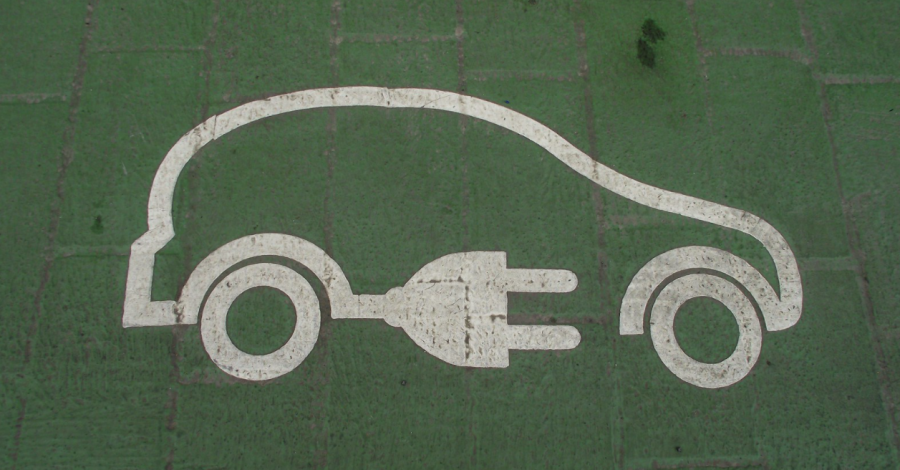
Increased subsidies for electric two-wheelers a 'game-changer'
The Indian government revised incentives in their FAME II scheme that increased subsidies for electric two-wheelers. Motor companies have praised this move.

The government of India, in its revised incentives for Faster Adoption and Manufacturing of Electric Vehicles in India (FAME II) scheme, has increased subsidies for electric two-wheelers. Electric two-wheeler makers deemed this move (made on June 11) a game-changer and believe this will increase the demand of electric vehicles (EV).
The increased subsidies are set to narrow the price gap between electric and internal combustion engine-based (ICE) two wheelers. The revised incentives will also reduce the ownership cost of EV vehicles by a minimum of 10-12 per cent. Observers believe this will help people adopt EV two-wheelers with more ease.
The Department of Heavy Industry increased the demand incentive for all EV two-wheelers to ₹15,000 KWh from the usual ₹10,000 KWh. The department also reduced incentives for two-wheelers at 40 per cent of the cost of vehicles, which is 20 per cent higher than what it was.
Tarun Mehta, CEO and co-founder of Ather Energy, found the revision in the FAME policy and the increased subsidy by 50 per cent per KWh to be a “phenomenal” move.
In his statement, he said, ”Sales of electric two wheelers have grown despite the pandemic and with this additional subsidy, we expect electric two-wheeler sales to disrupt the market, and clock 6 million+ units by 2025. Ather Energy already has plans to expand distribution to 30 cities in the next 6 months and this increased subsidy will help accelerate consumer demand.”
He added that the government’s continued support to drive adoption of EVs will help India lead the world in manufacturing EVs.
In a similar vein, Sohinder Gill, director general of the Society of Manufacturers of Electric Vehicles (SMEV), praised the decision taken by the government to reporters. “This move that will reduce the prices of electric two-wheelers nearer to the IC vehicles and remove a big blockade of the high sticker price of electric two-wheelers,” said Gill.
According to Gill, now a regular speed electric scooter with a range of 100km/charge will cost less than ₹60,000 and a high-speed scooter with a range of 80km/charge will price around ₹1 lakh.
He added that other important factors like a low running cost, low maintenance and zero emission will spur a substantial demand for electric two-wheelers.
Established giants in this industry also welcomed this move. Sudarshan Venu, Joint Managing Director at TVS Motor Company, told media organisations that sustainable mobility solutions would soon be the need of the hour and TVS is heavily investing in it.
“The improved incentives for electric two-wheelers will increase penetration. Such policy direction should lead to indigenous development of future technology,” said Venu.
This modification on the FAME II scheme also includes plugin hybrids and strong hybrids except buses.


